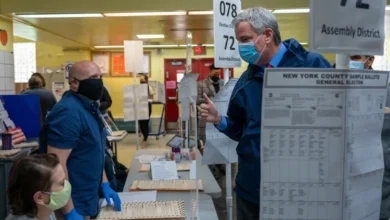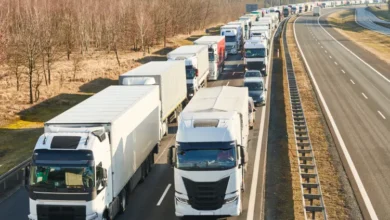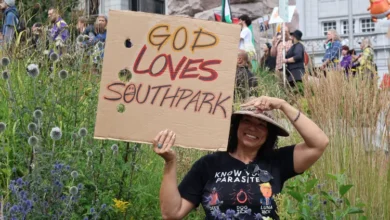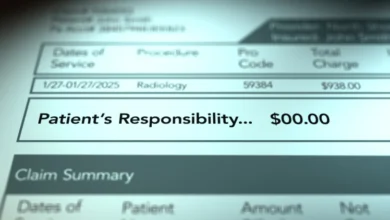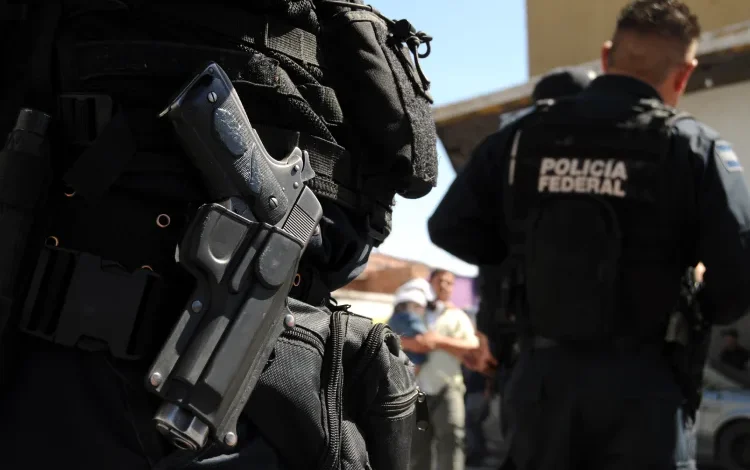
Mexico Expels 26 Cartel Figures to Us Under Trump Administration Deal
Mexico Transfers Cartel Leaders Including Members of CJNG and Sinaloa Cartel After U.S. Assurances on Death Penalty
Mexico expels cartel figures in one of the largest coordinated handovers of criminal suspects to the United States in recent years. Authorities confirmed on Tuesday that 26 high-ranking members of organized crime groups were flown from Mexico to the U.S., where they will face charges ranging from drug trafficking to homicide.
The transfers came after an agreement with the US Justice Department, which promised that prosecutors would not pursue the death penalty in any of the cases. The move highlights Mexico’s continued cooperation with Washington on security matters under President Claudia Sheinbaum and reflects growing pressure from the Trump administration to weaken the cartels that dominate the cross-border drug trade.
High-profile suspects among those extradited
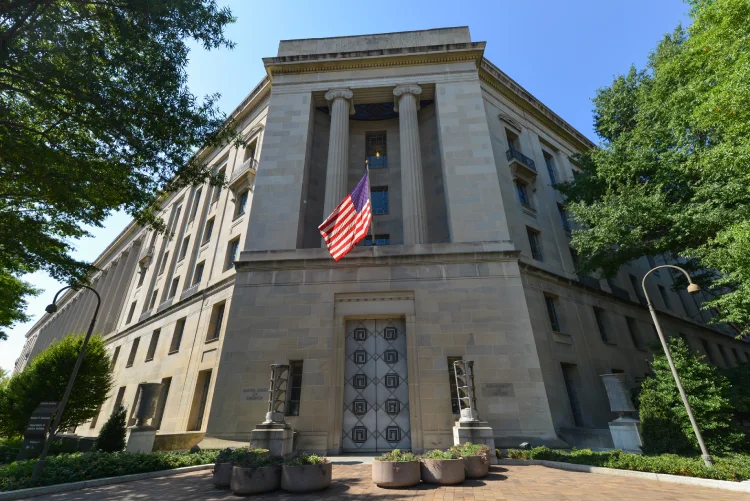
Among those sent to U.S. custody was Abigael González Valencia, a senior figure in “Los Cuinis,” a group closely linked to the Jalisco New Generation Cartel (CJNG).
Abigael González Valencia was taken into custody in Puerto Vallarta back in 2015 and spent years resisting efforts to send him to the United States. He is related by marriage to Nemesio Rubén “El Mencho” Oseguera Cervantes, the head of the CJNG and one of the most sought-after cartel leaders by U.S. authorities.
Another extradited figure was Roberto Salazar, who faces accusations of involvement in the 2008 killing of a Los Angeles County sheriff’s deputy. The group also included figures tied to the Sinaloa Cartel and other networks active in cocaine, methamphetamine, and fentanyl trafficking.
Mexico’s Security Ministry said the objective was to prevent imprisoned cartel leaders from directing operations from inside Mexican jails, a problem that has long frustrated local law enforcement. Officials added that the transfer was carried out under conditions of secrecy to avoid violent retaliation.
Second major transfer this year
Mexico has now conducted its second large-scale extradition of cartel members in 2025. In February, authorities handed over 29 individuals, including veteran trafficker Rafael Caro Quintero, who was convicted in Mexico of masterminding the 1985 killing of U.S. Drug Enforcement Administration (DEA) agent Enrique “Kiki” Camarena.
The previous handover took place around the time Washington was warning it could impose tariffs of as much as 25% on goods coming in from Mexico. While those tariffs were later delayed, analysts said Mexico’s willingness to cooperate on cartel cases may have eased tensions in bilateral talks.
President Sheinbaum, who took office this year, has shown a stronger willingness than her predecessor to work closely with Washington on cartel cases. At the same time, she has rejected suggestions by President Donald Trump and some U.S. lawmakers of possible military intervention in Mexico, calling such proposals unacceptable for national sovereignty.
U.S. response and broader strategy
Attorney General Pam Bondi welcomed the latest transfer, saying the suspects would “face justice in American courts” and emphasizing the shared responsibility between the two countries in combating organized crime.
The Trump administration has made cartel dismantling a central element of its security agenda. Both CJNG and the Sinaloa Cartel have been formally designated as foreign terrorist organizations by the US government, a classification that allows for more aggressive sanctions and prosecutions.
Just two days after the latest extraditions, the Justice Department also announced indictments and financial sanctions against leaders of the United Cartels, another Mexico-based drug trafficking group. Officials froze assets linked to the group and offered multimillion-dollar rewards for information leading to arrests.
Risks and consequences
Security experts note that while mass extraditions help disrupt cartel leadership, they may also trigger violent power struggles in Mexico. Analyst David Saucedo told local media that these transfers “buy the government time” but risk sparking turf wars if successors compete to fill leadership gaps.
For U.S. authorities, bringing high-level cartel members to trial represents a significant step toward reducing the flow of drugs, especially fentanyl, into American communities. In Mexico, however, the challenge of containing local violence remains, even when leaders are removed.
[Source]

